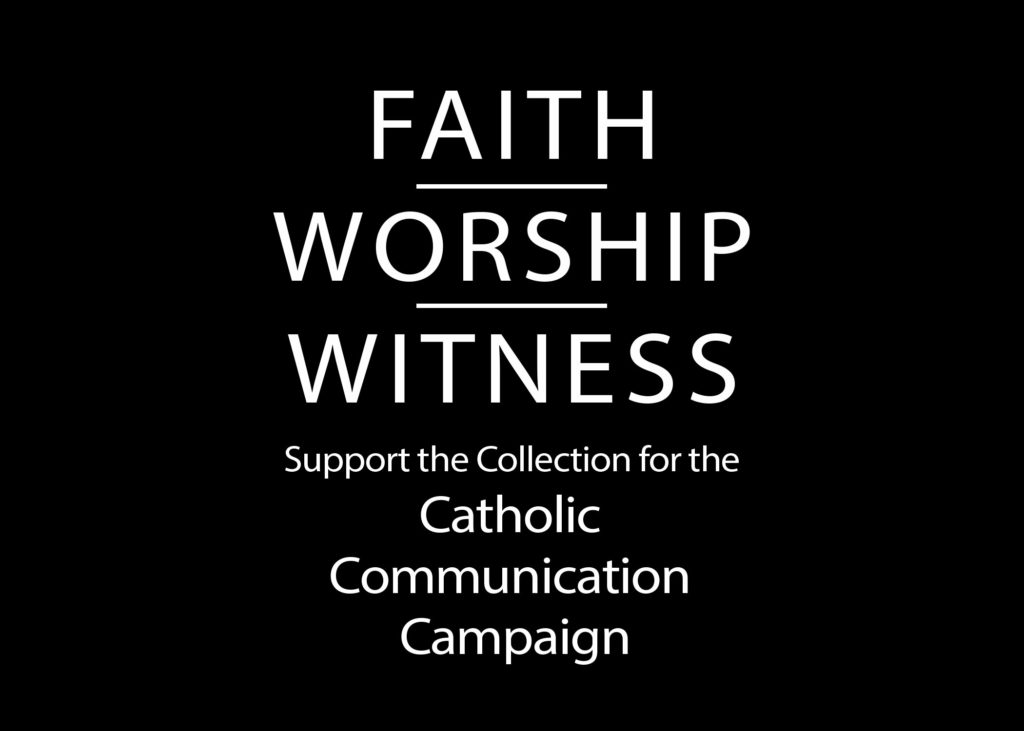
It wasn’t too long ago that most of us started off each day with a cup of coffee over the morning newspaper and ended it by dozing off to the 9 o’clock newscast.
Now look where we are: we live in a society where iPads are duking it out with newspapers at the breakfast table, commuters are turning to podcasts instead of talk radio, and breaking news is more likely to hit Twitter before CNN.[quote_box_right]
Support Catholic Media
The Catholic Communication Campaign supports critical Catholic media efforts in the Diocese of Phoenix and throughout the United States.
Donate to the second collection during Mass May 30-June 1, or call Katie Burke at (602) 354-2479.
[/quote_box_right]
While the means of communicating have changed, our instinctual need to stay informed through media has only grown.
At its best, media informs, inspires and engages. It creates unity and a common thread throughout a community, allowing people to share in the daily joys, sorrows and challenges of their neighbors.
Media must provide for “an authentic culture of encounter” and serve to give voice to those on the margins of society. This is the theme of Pope Francis’ message for World Communications Day, which takes place Sunday, June 1.
It is not enough for us to be merely “friends” or “followers” through media, says Pope Francis, rather these “connections need to grow into true encounters. We cannot live apart, closed in on ourselves. We need to love and to be loved.”
Catholic media, in particular, has a special role to play in this regard.
In the early 20th century, Catholic newspapers were established to defend the Church from a society that was hostile and suspicious of an influx of European Catholic immigrants. These newspapers provided, and still do to this day, an important bond between Catholics and allow Church leaders to speak directly to those they were entrusted to care for.
Today, these initiatives of our forefathers continue to be an important pillar of the Catholic Church, not only in newsprint, but also on TV and radio broadcasts, and through social media.
This could not be accomplished without the annual Catholic Communication Campaign, taking place during Masses May 30-June 1.
This second collection gives the Diocese of Phoenix the ability to broadcast the Holy Mass each Sunday morning for the homebound sick and elderly, who otherwise wouldn’t be able to participate in the liturgy.
The Catholic Communication Campaign allows the Church to joyfully preach the Gospel to hundreds of thousands of others through Catholic radio, The Catholic Sun and the diocese’s social media efforts.
Nationally, the Catholic Communication Campaign supports a number of initiatives, including the incomparable Catholic News Service, the USCCB website, and other audio and visual projects aimed at serving the Church. Proceeds from the collection are split between the diocese and the USCCB.
Please approach the Catholic Communication Campaign with a generous heart May 30-June 1. The Church depends on it.






